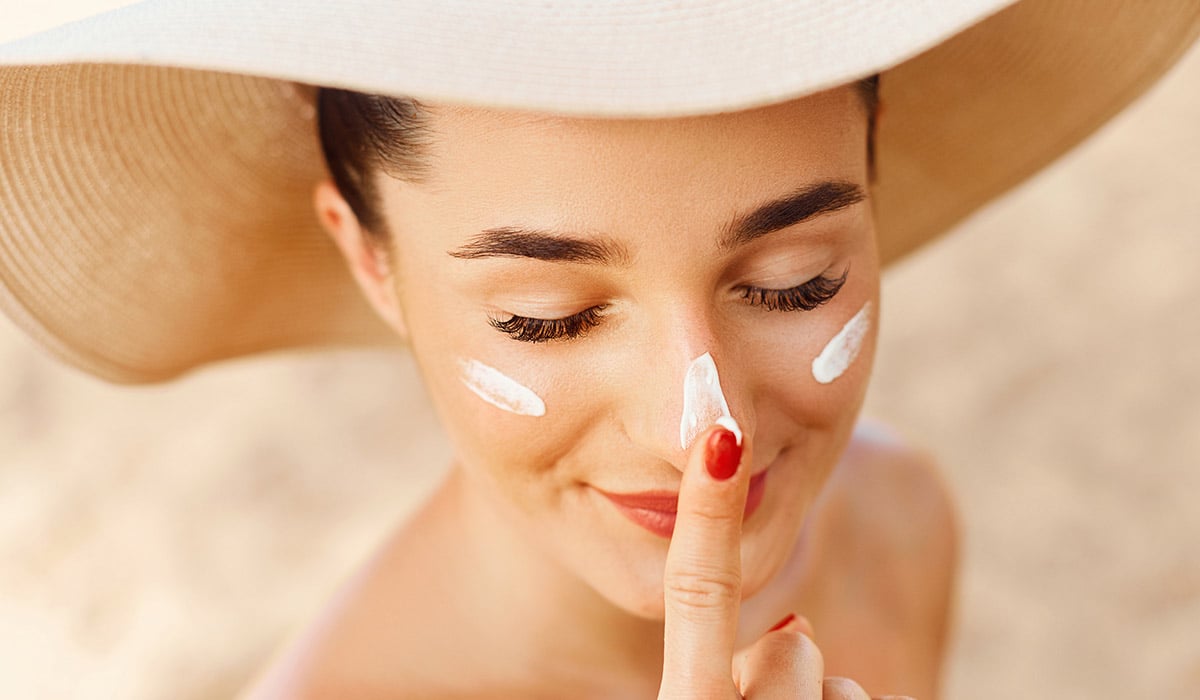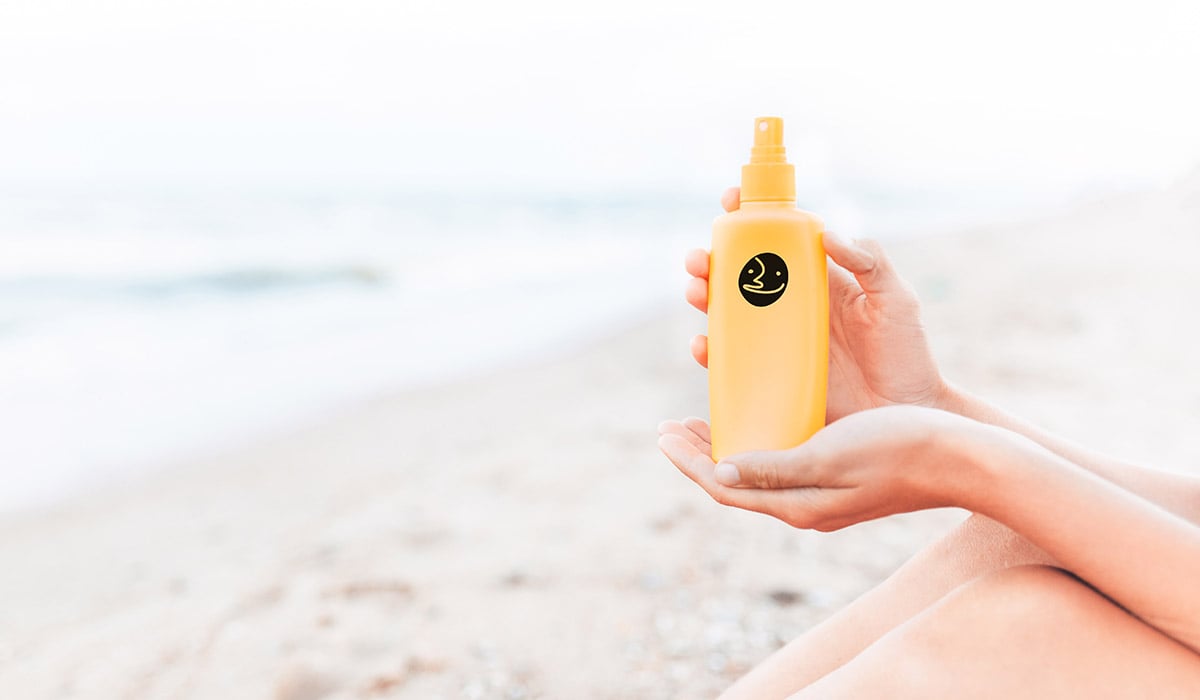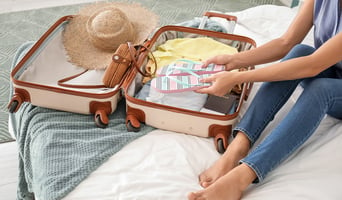Beware of the Sun... And Sunscreen!

To fully enjoy the Mayan Riviera you'll have to spend several hours a day under the sun, unless you are a nocturnal creature willing to experience the sleepless version of the Caribbean. But if the beach, the sea, and communing with nature are included in your plan, well, we have to talk about sunscreen.
What's Good, Bad, and Necessary
First of all, between putting on any sunscreen and not applying any, there's only one choice: it's absolutely necessary to protect your skin, even in cloudy days and wintertime. In the beach, you'll need sunglasses, hats or caps, appropriate clothing, AND sunscreen. Let's see...
Chemical sunscreen is popular. It has a nice texture and is easily absorbed by the skin. It starts working 20 minutes after being applied; so putting on your sunscreen when you're already at the beach isn't a good idea, because it has to be absorbed by your skin in order to neutralize UVA and UVB rays.
It can cause irritation or allergies to people with sensitive skin, or even a burning sensation. Besides, if you want to get into the sea, don't ever think about it, because ingredients such as avobenzone, oxybenzone, octocrylene, and ecamsule cause severe damages to coral's development and DNA. The FDA* has also claimed safety concerns about chemical sunscreen's continued use because some ingredients enter the bloodstream.
Mineral sunscreen, on the other hand, is apt for sensitive skin, since active ingredients such as zinc oxide and titanium dioxide are claimed to be safe by the FDA, and they don't enter the bloodstream, since they behave like a physical shield, not letting sunrays to touch the skin, and reflecting them away. Mineral sunscreen starts working since the moment you put it on, and is no danger to sea life. The only con is its thick and chalky texture.

Which one is the best option for your needs? At Happy Address we want to give you another advice: go to Environmental Working Group's website and look up your sunscreen to find out about its actual protection against UVA and UVB rays, and safety related issues. However, the best thing you could do during the sunniest hours is enjoying your Happy Address condo, don't you think so?
*Food and Drug Administration



